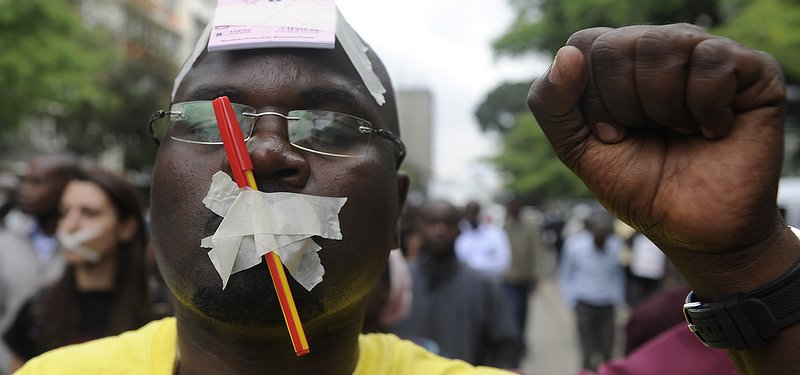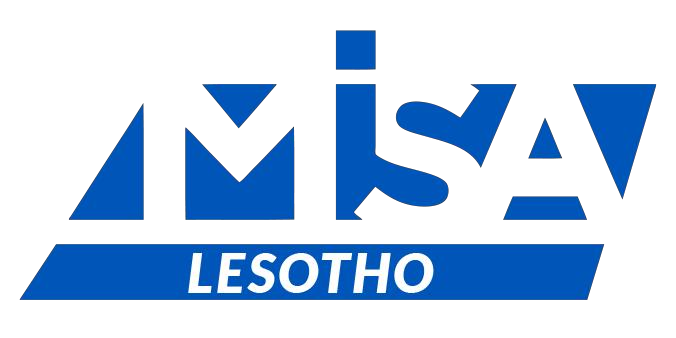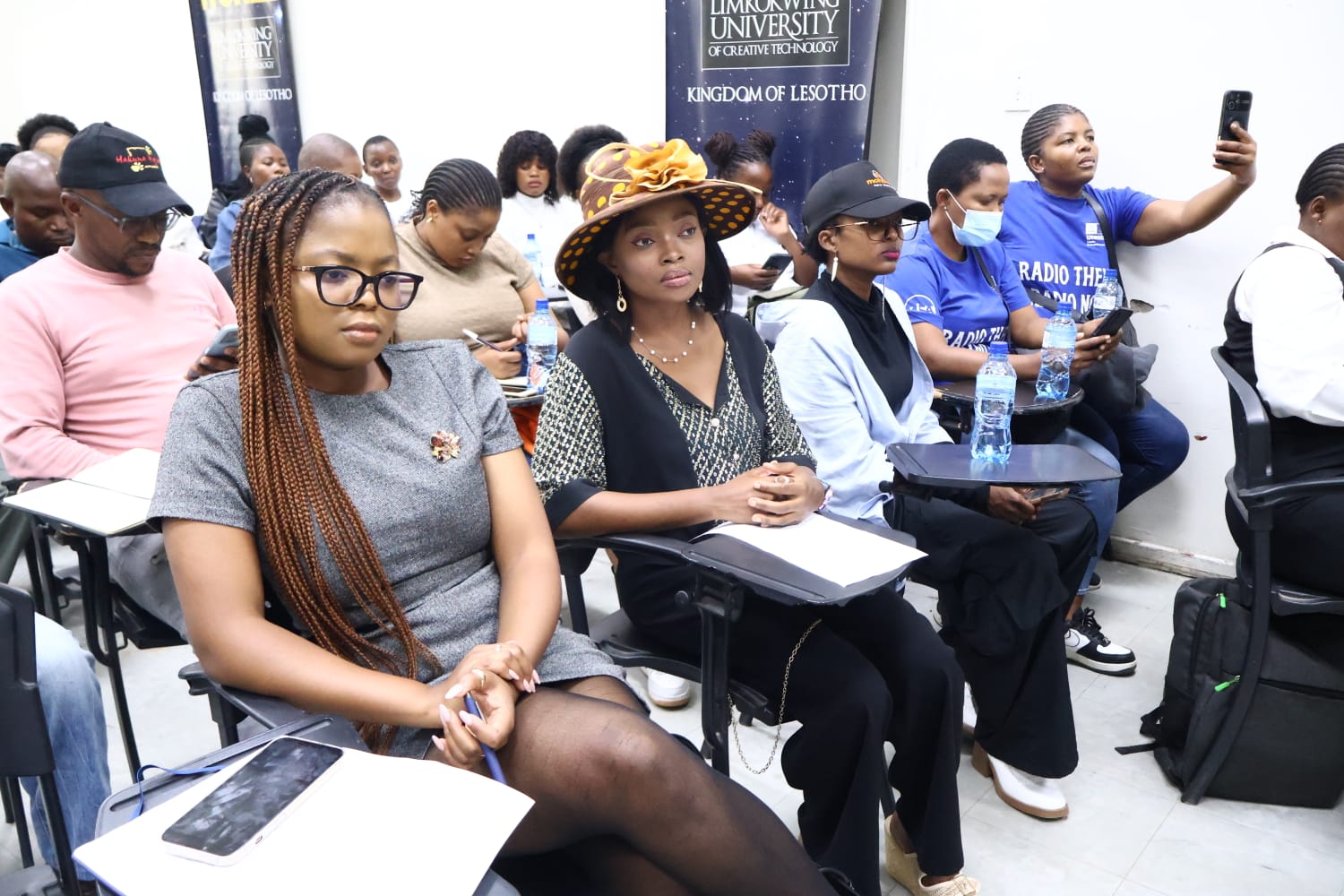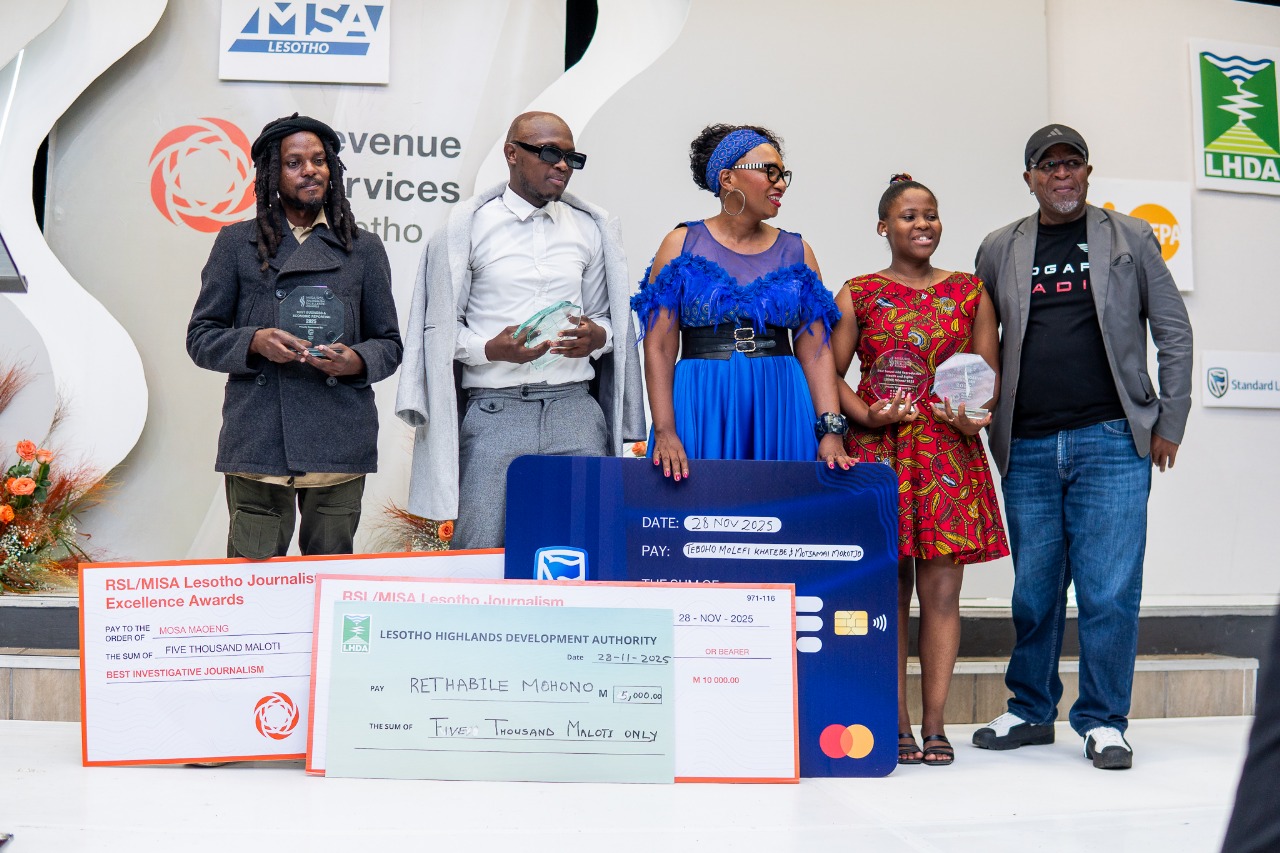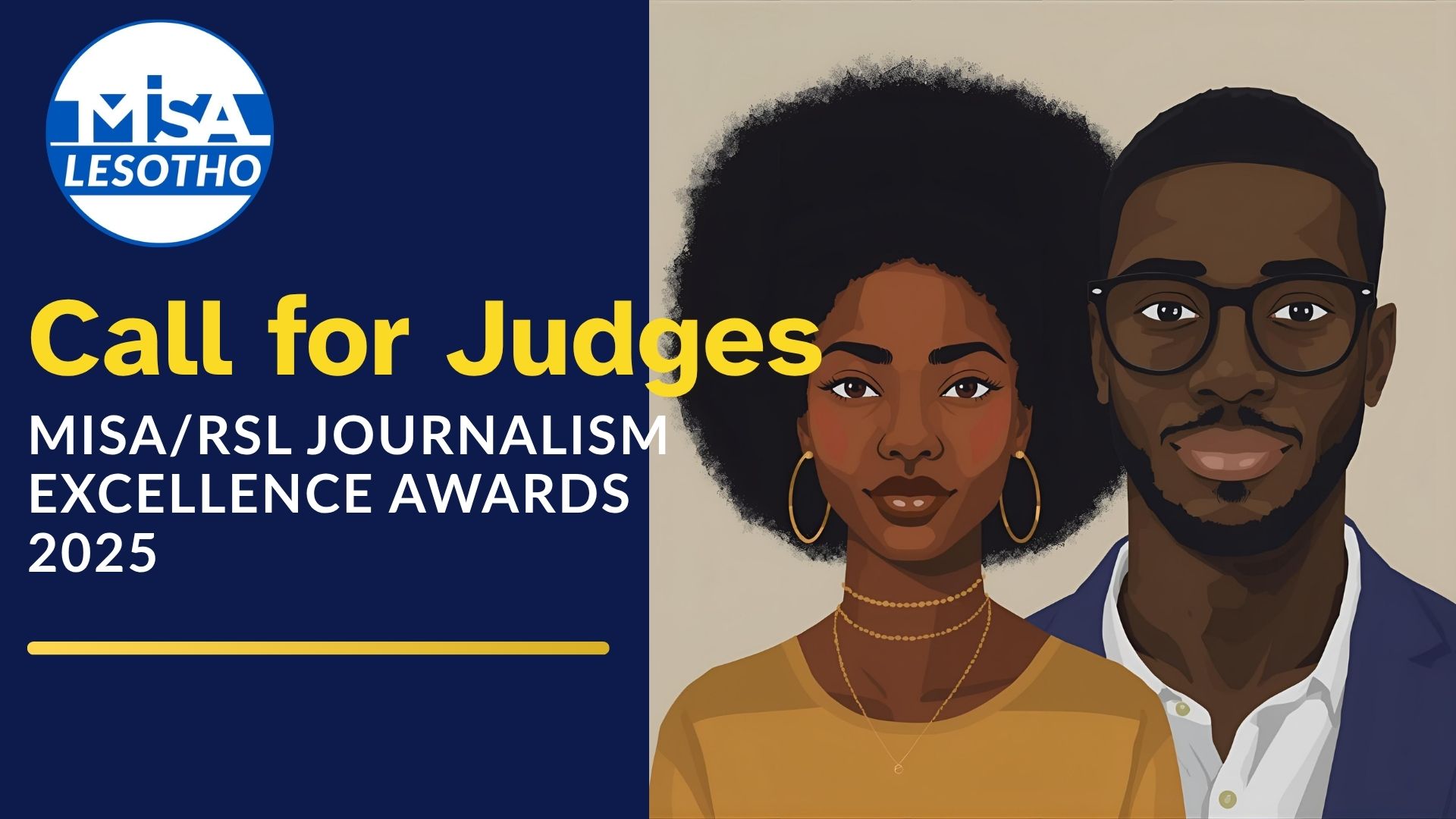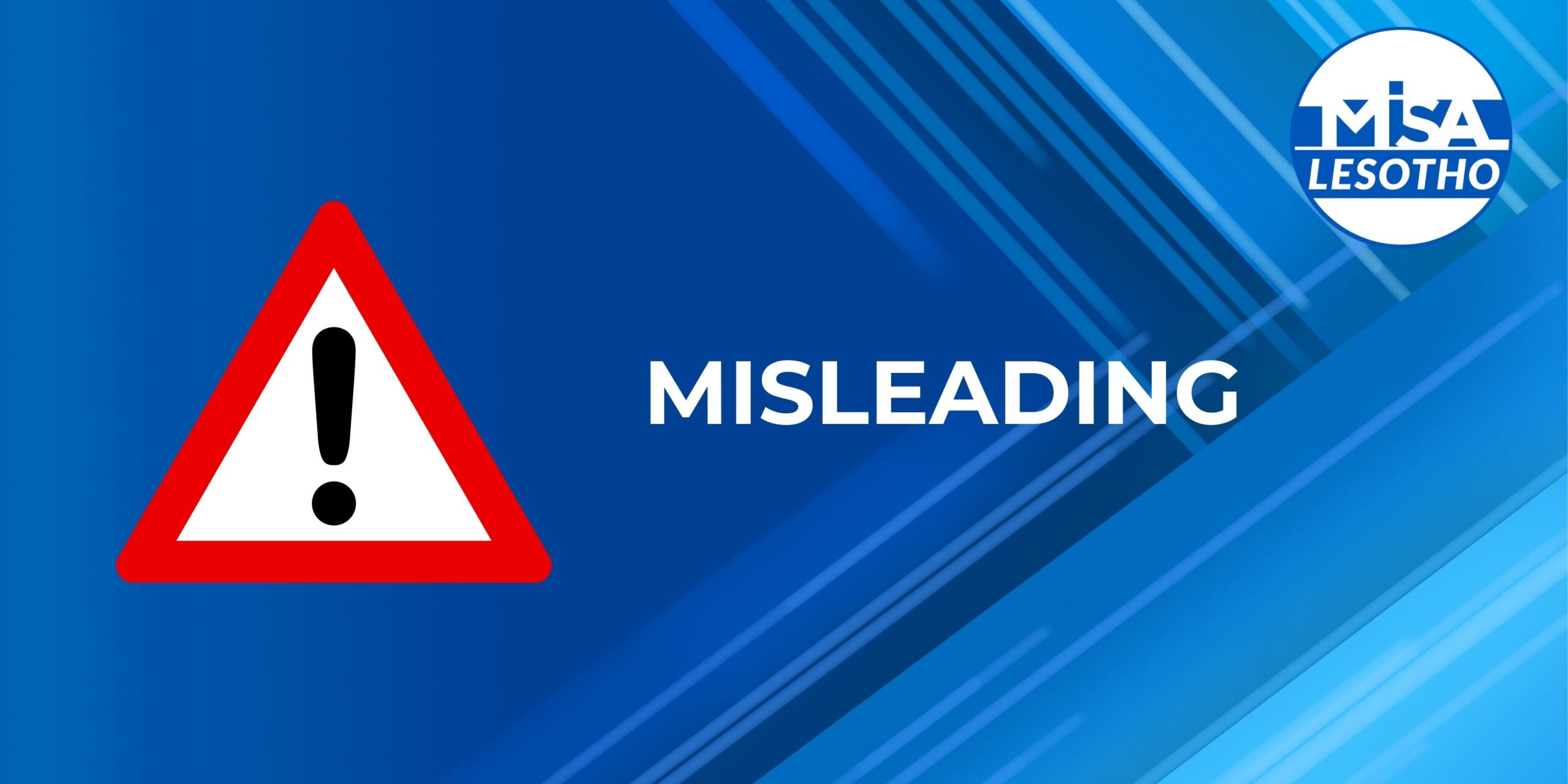Celebrating World Press Freedom Day 2018
[dropcap1]M[/dropcap1]ISA Lesotho is sharing its recommendations for improving media freedom and freedom of expression in Lesotho in commemoration of World Press Freedom Day 2018. You can also download a PDF copy to print and share.
[highlight1]LAWS AND REGULATIONS[/highlight1]
Participate in the development of legal reforms recommended by SADC
In 2015, the Southern Africa Development Community recommended large-scale reforms in Lesotho, including the constitution and information and media law. Lesotho’s media sector and civil society, as well as international donors, should play an active role in informing the development of new laws that may impact the media, freedom of expression or access to information. They should also lobby for a legal framework governing the media in line with international standards.
Push for the interim broadcasting code to be turned into a permanent law
Government should enact the interim broadcasting code. This, among other things, mandates independent mechanisms for dispute resolution and requires editors to have a relevant journalistic background.
Establish a self-regulating press council
Media organisations should cooperate to establish a self-regulating media body for both broadcast, print and online media based on best-practice examples in the region. Lesotho’s broadcasting sector is currently regulated by the Communications Act, whereas print and online media have no regulatory body.
[highlight1]COOPERATION[/highlight1]
Unite media houses to protect freedom of expression and media freedom
Media managers in Lesotho need to come together and collectively engage and lobby government on common issues regarding freedom of expression and the safety of journalists.
[highlight1]CAPACITY BUILDING[/highlight1]
Develop the media’s lobbying and advocacy skills
Media development organisations should help media managers acquire negotiating and advocacy skills in order to engage with the government.
[highlight1]MEDIA PROFESSIONALISATION[/highlight1]
Provide training and mentoring for journalists
Media organisations in Lesotho frequently employ untrained journalists and fail to provide them with on-the-job training or guidance. This lack of journalism skills leads to poor quality reporting that fails to meet basic professional standards. Media outlets need to support and guide their journalists. Media development organisations should consider developing longer-term projects that incorporate on-the-job mentoring.
[line]
And you can also take a look at the Way Forward 2018 recommendations for MISA Malawi, MISA Zimbabwe and MISA Zambia.




